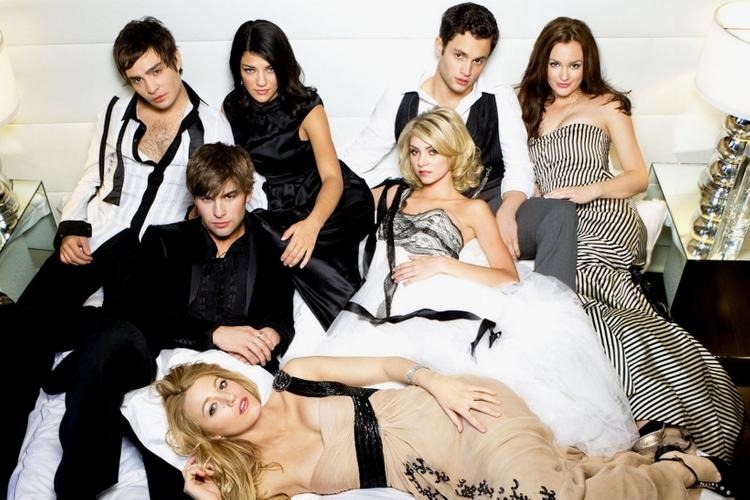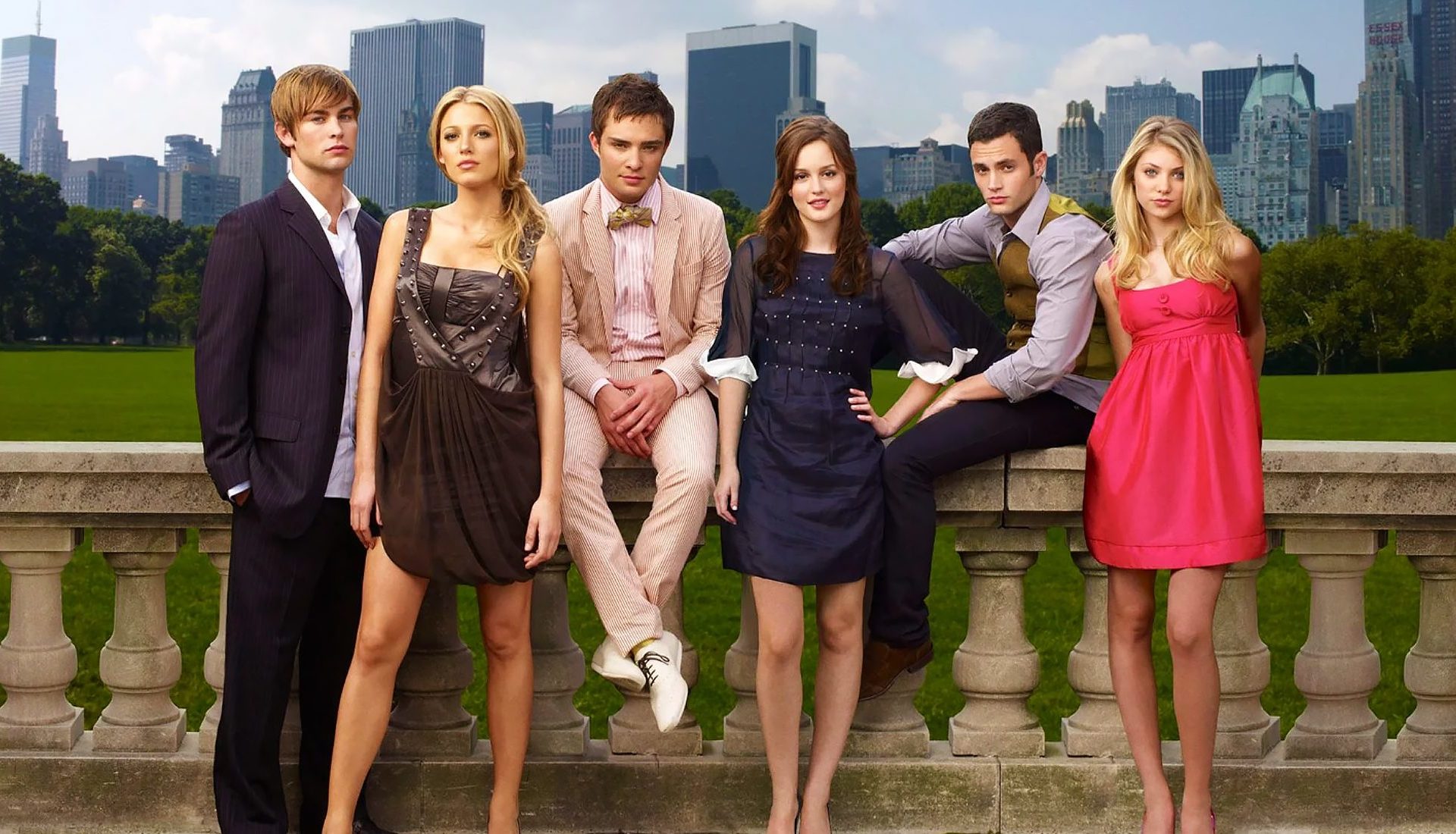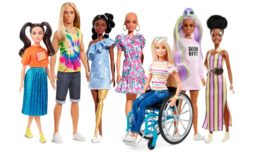Gossip Girl is officially set to return next year, and the HBO Max series is getting a much-needed casting change with ‘non-white leads’ and ‘a lot of queer content.’
In July, it was announced that iconic noughties show Gossip Girl will be returning next year for a new ten-part HBO Max series, set eight years after we said goodbye to our favourite Upper East Siders. Considered a millennial pop culture staple, Gossip Girl followed a group of privileged teenagers living in Manhattan, their lives fraught with an outrageous combination of drama, sex and unbelievable wealth. Looking back, however, the series was problematic in perhaps more ways than we acknowledged at the time – specifically in terms of representation.
Taking place (for the most part) in modern-day NYC, one of the most diverse cities in America, it comes as a surprise (or maybe no surprise given the state of the media in the early 2010s) that the majority of its characters where white and straight. In what is arguably one of the most renowned melting pots in the world, I think it’s rather fair to say that selecting a majority white and heterosexual group of actors to play the leads was not only offensive, but inaccurate, and executive producer Joshua Safran agrees.
‘What I regret most about the original series was that there was not as much representation for people of colour and gay storylines as I would have liked. Vanessa Abrams (Jessica Szohr) was the only POC protagonist and Eric van der Woodsen (Connor Paolo) had the only queer storyline,’ he says.
For this reason, under his direction, the revamped show will accurately reflect New York’s current social landscape, promising to look very different from the city we saw Blair and Serena conquer back in 2012. Determined to more accurately portray the demographic realities of young people on The Upper East Side this time around, Safran is ensuring that fans can finally expect a more diverse cast and much better representation of the LGBTQ community as well.






















